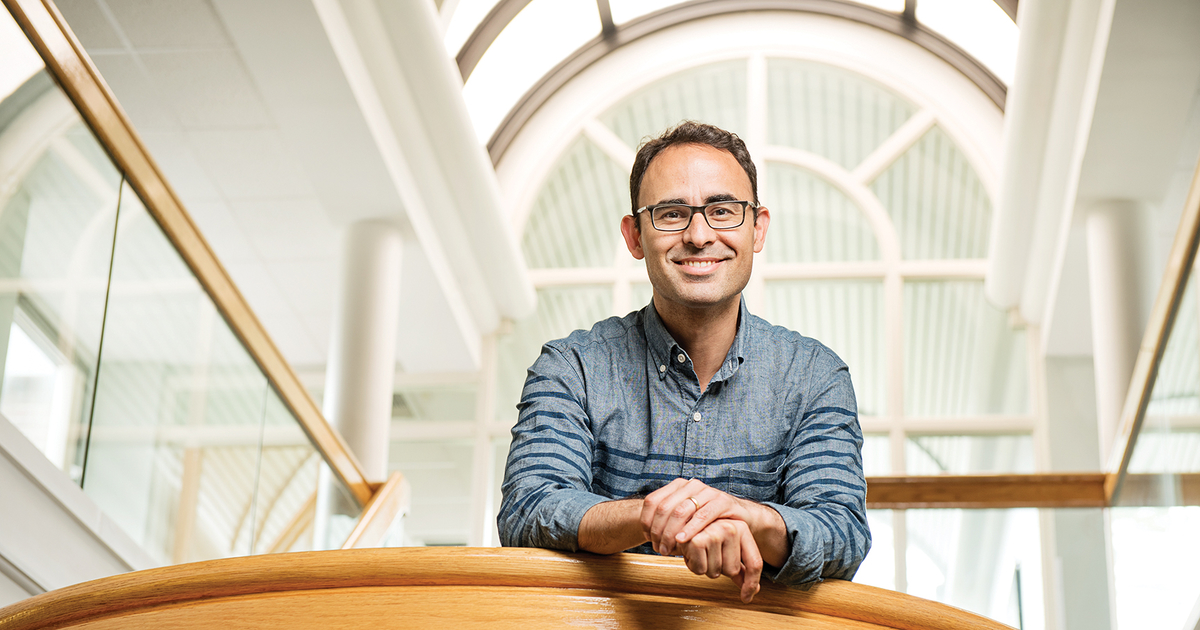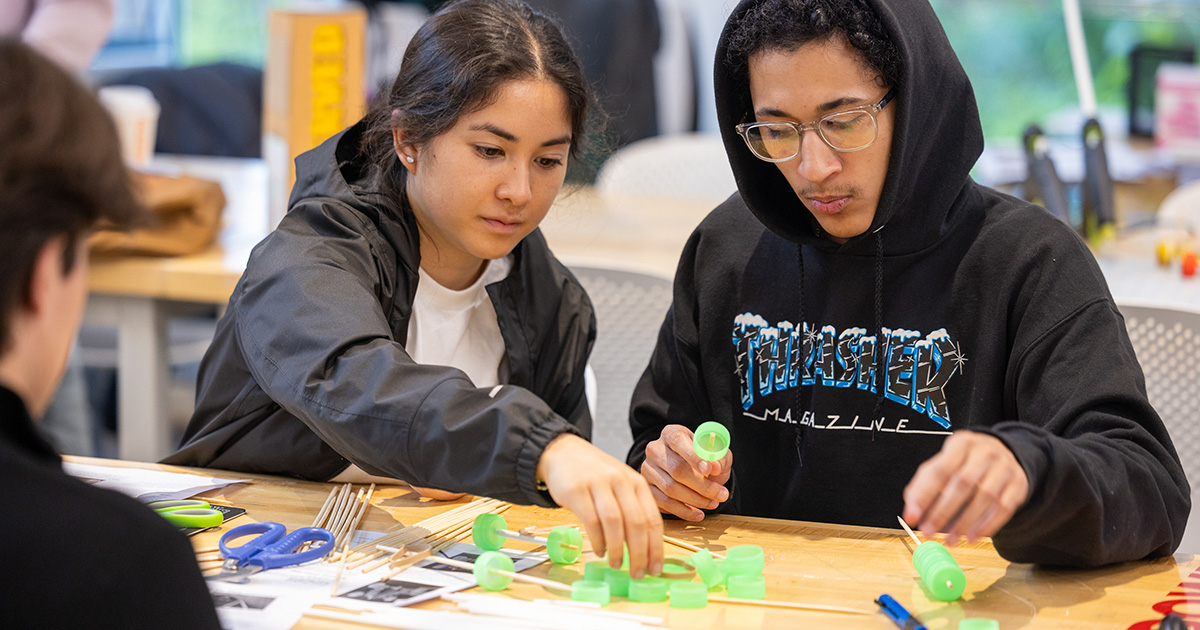Why Startups Need to Pay Attention to Operations

According to Babson Professor Sinan Erzurumlu, 95% of startups fail, yet most startup founders see themselves as part of the 5%. He suggests operations can help startups see their path to success more clearly.
Erzurumlu is the faculty director of FutureLab on Mobility and a professor of operations management. His current research was recently published in the highly respected Manufacturing & Service Operations Management Journal.
He suggests that operations can be seen as business model innovation. And, operations can deliver creative business plans that can make or break startups. We recently sat down with Erzurumlu to talk operations.
How Do Startups Fail?
Erzurumlu suggests that startups fail basically in three ways.
First, the founder moves forward and doesn’t realize that the business plan is wrong. Second, they make earlier commitments that make them unable to pivot. And, third, they get funding but come out the other side badly bruised and unable to survive.
Consequently, the downfall isn’t the idea, it’s the business model, says Erzurumlu.
Operations as the Solution
Erzurumlu looks at operations as a resource to execute entrepreneurial ideas.
He argues that after getting their idea, entrepreneurs can acquire resources, configure processes, and build up their know-how and reputation (which could itself be a resource) to lift up their business.
“Welcome to entrepreneurship 101, you have an idea. Great, now let’s match this idea with the most lean and reasonable operations plan for growth,” said Erzurumlu.
He looks at cash-starved startups and sees that survival is not always about resource #1—money. Startups can begin to look beyond their money in the bank, and start to look at how they will spend that money with their operations.
“Designing operations for a new venture is a powerhouse for the entrepreneur,” he said.
Making the Case for Operations
Once a founder has figured out the idea, operations helps make the business plan better and cheaper.
“Operations is a very practical area—what resources are best, how much capacity to invest in, how to order, shipping times, lead times, execution of the business model—don’t underestimate very common concepts like your inventory, that could be your make-it-or-break-it point,” said Erzurumlu.
If people rush to buy a product during holiday season, and it’s not ready, a startup could miss selling season which might be pivotal for its business to grow, according to Erzurumlu.
“I want students to understand that these concepts of operations like inventory are sacred objects to be used as innovation,” he said.
Recommendations for Success
For inspiration, Erzurumlu looks at lean methodology that became popular in manufacturing in the 1970s and ’80s and shifts that to other industries.
“Lean methodology constantly asks how to continuously improve complicated systems, and we try to bring that into a more complex and ever-changing setting known as the startup world,” he said.
“There is minimum viable product that everyone talks about, but where is the minimum viable operations?”
Sinan Erzurumlu, Faculty Director of FutureLab on Mobility and Babson Professor of Operations Management
Erzurumlu’s research looks at how startups can take these ideas that have been battle-tested in more established settings and move them into more ambiguous settings like new venture development, social impact, and sustainability.
“You cannot expect the same complexities that you see in manufacturing as in a startup—in startups ambiguity increases because what you offer your customers is changing from day to day,” said Erzurumlu.
He points to managerial ideas from this research that can be applied to businesses. Erzurumlu suggests businesses must be operations-centric as well as customer-centric.
“There is minimum viable product that everyone talks about, but where is the minimum viable operations?” he said.
He recommends that businesses take the teachings of operational concepts like “Thinking Lean” and move that into the more ambiguous new venture development world.
“Everything operations has been doing successfully for the past 40–50 years, can now be brought into the startup world,” he said.
Posted in Community



